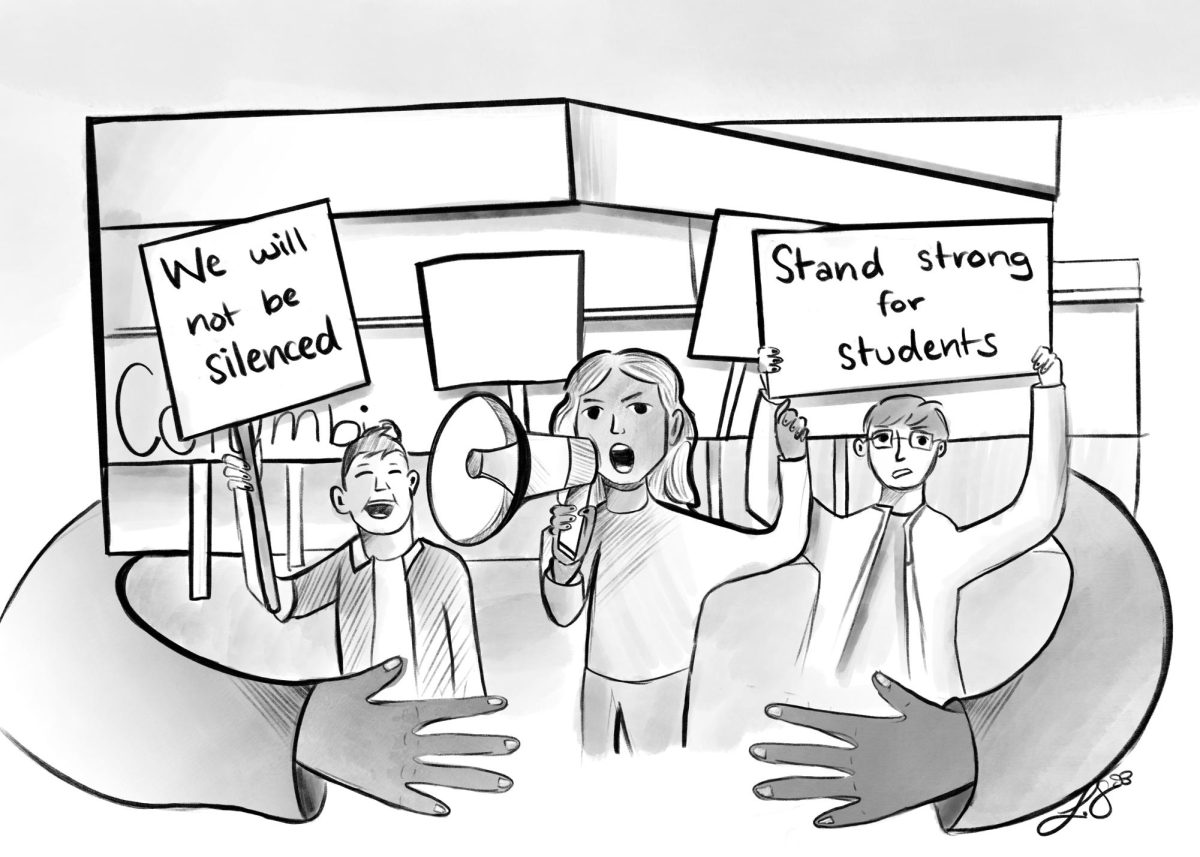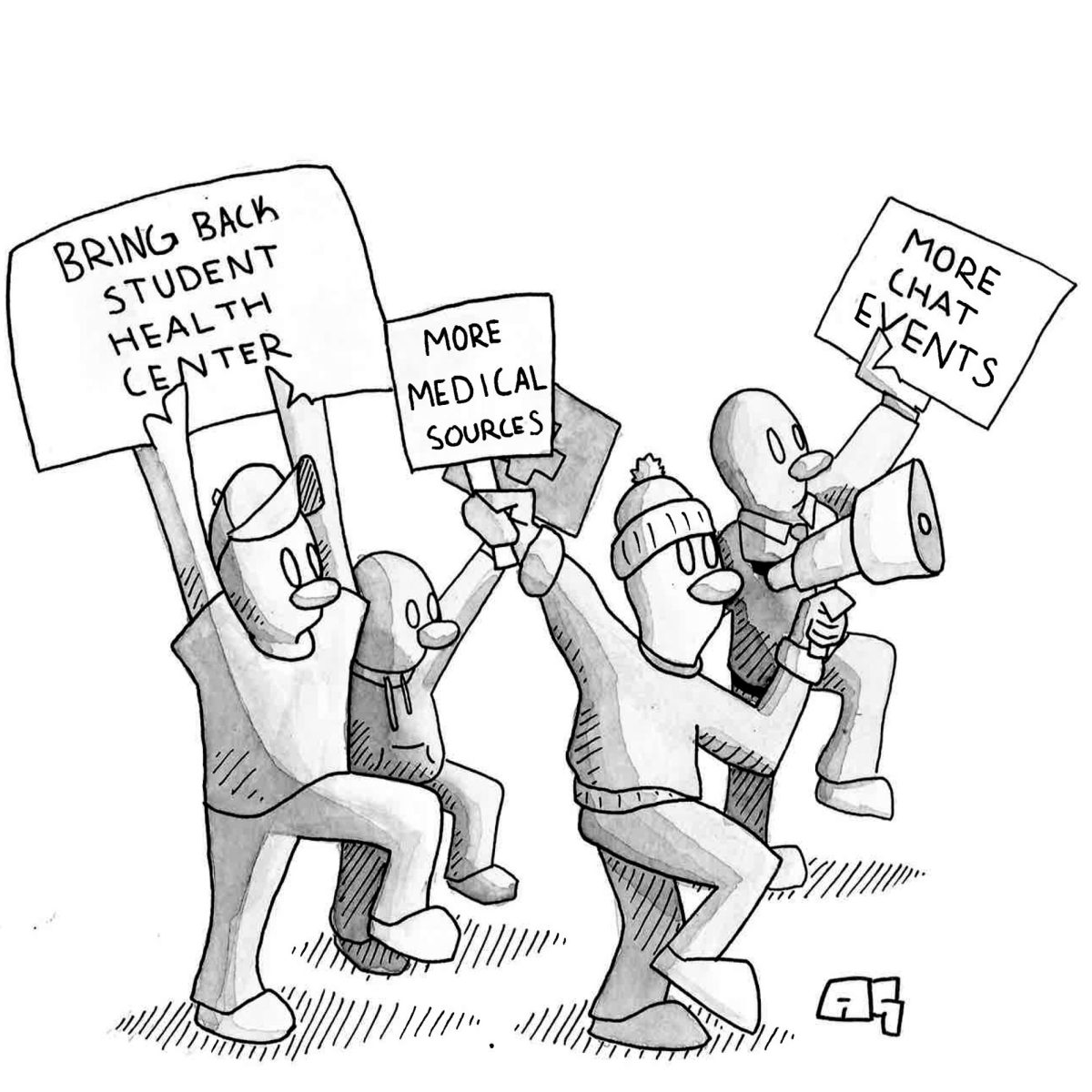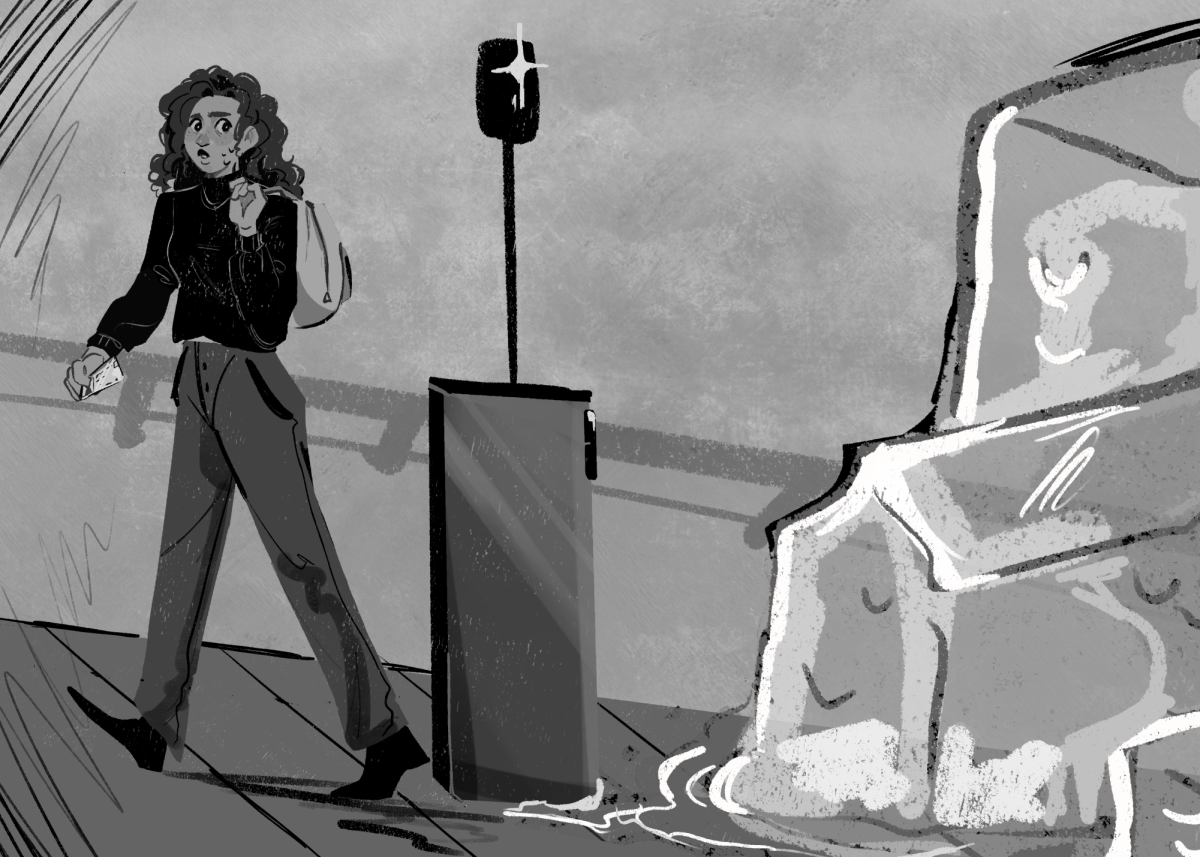President Trump threatened to imprison or deport “agitators” in a social media post on March 4. He also threatened to cut federal funding for any college, school or university that allows “illegal protests.”
This includes American citizens whom he said he would expel.
Trump has no right to expel any student on any campus. Students are afforded due process by the institutions they attend.
In other words, like many — not all — of his actions since taking office, the threat is illegal and violates the Constitution.
The ACLU urged colleges and universities to ignore any federal pressure to punish international students and or their student population in general. “We stand in solidarity with university leaders in their commitment to free speech, open debate and peaceful dissent on campus,” the ACLU’s Legal Director Cecilia Wang said in a statement.
Ironically, just hours after he made his post on Truth Social, in an address to a joint session of Congress, he bragged that he had restored “free speech” to the United States. “I’ve stopped all government censorship and brought back free speech in America,” Trump said. “It’s back.”
It was one of the many lies Trump told over the more than 90 minutes he spoke.
The problem is not whether Trump’s attack on free speech on college campuses, clearly aimed at pro-Palestinian protests, is legal. It’s not. The problem is that it could have a chilling effect, just like his attacks on DEI already have, with colleges and universities bowing to pressure before the courts even decide if he can do what he pledges to do.
Colleges and universities afraid of losing federal funding may seek to stop protests that could bring attention to them.
That can’t happen.
When the University of Cincinnati changed its bathroom signs to “biological men” and “biological women” in response to a state law, students protested and the university backed down.
It is our job to give voice to the voiceless, to amplify and uplift so the larger issue can be addressed.
As the important Columbia Votes event on Wednesday, March 5 showed, now is the time for civil action. Students need to feel empowered. “I’m hoping that it helps move people from fear, despair and concern to agency and action,” Professor Sharon Bloyd-Peshkin, founder and advisor to Columbia Votes, told the Chronicle.
In response to Trump’s attacks on their free speech, Columbia students should protest. Many threats against the LGBTQ+ community and the immigrant populations in America should be met with resistance carried by the voices of many.
Columbia likewise should keep their promises to the college’s mission, support their students and encourage free speech. As previously we’ve argued before in this space, Columbia must continue to stand by the morals of diversity, equity and inclusion that the institution has upheld since the beginning of the college.
Now more than ever, people need to speak up for what they believe in. Push from the government to be silent should only make us louder.
Copy edited by Patience Hurston




